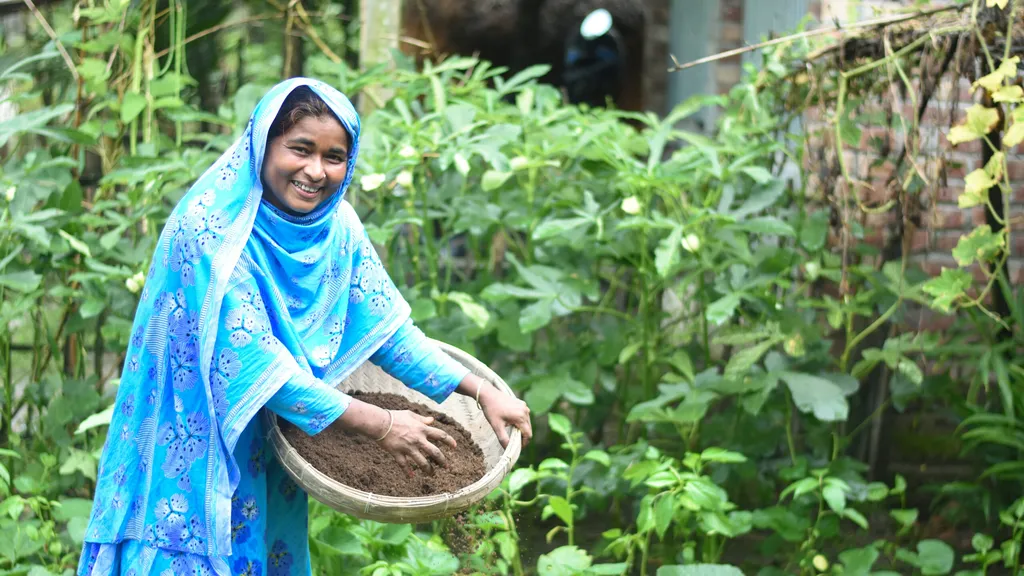In the heart of Bangladesh, a quiet revolution is taking root, one worm at a time. A recent study published in *Sustainable Futures* (translated as *Towards Sustainable Futures*), led by Md Lokman Hossain from the Department of Geography and Resource Management at The Chinese University of Hong Kong, is shedding light on the transformative potential of vermicompost in smallholder farming. The research, spanning six years and covering 12 villages across drought-prone and salinisation-affected regions, offers a compelling narrative of resilience, adaptation, and the critical role of stakeholder involvement in sustainable agriculture.
Vermicompost, a nutrient-rich organic fertilizer produced through the decomposition of organic matter by earthworms, has emerged as a beacon of hope for smallholder farmers grappling with environmental degradation and climate-induced shocks. The study reveals a significant increase in vermicompost production among households in drought-prone regions, with some villages witnessing a more than fourfold increase over six years. “The transformation in Fulbari village is remarkable,” Hossain notes. “Household vermicompost production surged from 1.43 tons in 2017 to 5.77 tons in 2022, a testament to the farmers’ adaptability and the effectiveness of vermicompost in enhancing soil fertility.”
However, the journey is not without its challenges. Farmers in salinisation-affected regions have struggled to replicate this success, with production levels remaining relatively stagnant. “Environmental factors, raw material scarcity, and pest attacks are significant hurdles,” Hossain explains. “Moreover, declining soil fertility due to salinisation poses a substantial challenge to vermicompost production and application.”
The study underscores the urgent need to address these challenges and strengthen farmer support systems. It calls for focused interventions from policymakers and implementing organizations to assist smallholder farmers in areas affected by salinisation and drought. “The increasing intensity of droughts and the scarcity of raw materials are critical issues that need immediate attention,” Hossain emphasizes.
The implications of this research extend beyond the agricultural sector. As the world grapples with the impacts of climate change, the insights from this study could inform strategies for enhancing agricultural sustainability and food security. Moreover, the commercial potential of vermicompost in improving soil health and crop yields offers a promising avenue for investment and innovation in the energy and agricultural sectors.
In the words of Hossain, “This study is not just about vermicompost; it’s about empowering farmers, enhancing livelihoods, and building resilience in the face of climate change.” As we look to the future, the humble earthworm might just hold the key to a more sustainable and food-secure world. The research, published in *Sustainable Futures*, serves as a clarion call for action, highlighting the critical need to address environmental conditions and strengthen farmer support systems to enhance the effectiveness of vermicompost production.

